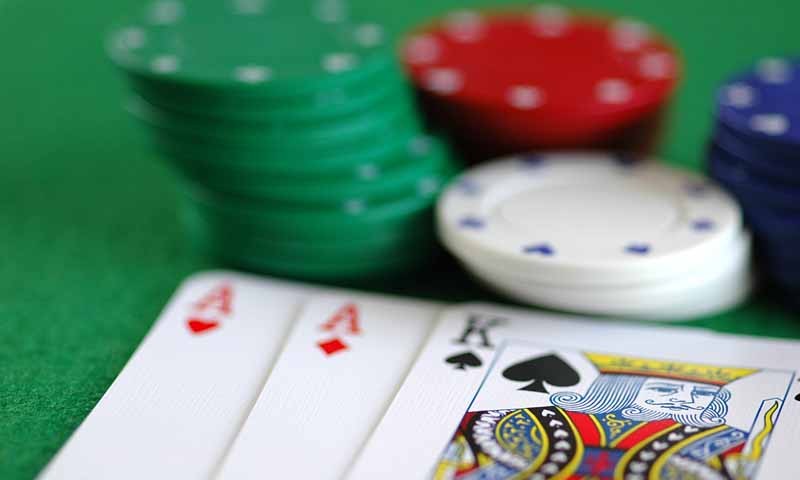
Going All In: Poker Association Pushes for Legalization
The potential legalization of real-money online poker could be coming after the election, and the Poker Players Alliance is ready.
Could online poker get a second chance? Now might be a good time to place a bet.
Few pastimes face as much conflicting popular support and regulatory hang-ups as the game, which surged in hotness a decade ago but has found itself the target of legal crackdowns over the past few years — especially after a law made online gambling for money illegal in the U.S.
Now, the Poker Players Alliance (PPA), with the influence of Senate Majority Leader Harry Reid (D-NV), is making headway in Congress regarding legalization, something that will likely go through the legislative process during the lame-duck session this fall.
The poker association, whose slogan is “Poker Is Not a Crime,” is pushing hard for a change to the federal law. “These fights are day in and day out and PPA is there lobbying for our interests,” wrote Rich Muny, the group’s VP of Player Relations, in a recent update. “As we know, many groups are lobbying for poker, but only PPA is lobbying for poker players!”
As we know, many groups are lobbying for poker, but only PPA is lobbying for poker players!
Legal action against online poker
Online poker has had a choppy recent history, to say the least.
Because of a law passed in 2006, online poker for money has been illegal. The Unlawful Internet Gambling Enforcement Act, which targeted betting on any “game subject to chance,” was designed to specifically target online poker. The law, which was tacked onto the SAFE Port Act immediately before the 2006 election, passed unanimously and took effect in 2009.
In 2011, the federal government targeted three large online poker companies, including Full Tilt Poker, PokerStars, and Cereus (which runs Absolute Poker), shutting the sites down temporarily, taking away their domains, and forcing them to stop catering to U.S. customers.
The take-downs had a devastating effect on the industry at large as well as individual poker players, many of whom made so much money through online poker that they could afford to go pro. Fallout from the raids is still reverberating. On Wednesday, for example, Las Vegas resident Chad Elie was sentenced to five months in prison for working as a payment processor for poker companies, working with banks under false pretenses.
Earlier this year, PokerStars, as part of a settlement with the U.S. government, purchased Full Tilt Poker, which it plans to relaunch later this year.
States not happy
One group not happy about the congressional push is the National Conference of State Legislatures, whose members have been pressing for legalization at the state level in hopes of making the practice similar to existing lottery systems. NCSC is resisting a federal-law takeover of online gaming.
“It’s frustrating because [states] are overseeing a successful stewardship of the gaming industry,” James Ward, a committee director with the group, told The Hill. “It’s not clear why any federal intervention is necessary … It’s a sensitive topic for the states any time you talk about preemption.”
Reid’s staff says he’s trying to keep states’ interests in mind with the bill, which he’s working on with Sen. Jon Kyl (R-AZ). Kyl played a role in the passage of the Unlawful Internet Gambling Enforcement Act.
Will online poker get a second chance at legalization? Should it be under federal or state oversight? Let us know what you think in the comments.
(photo by Ross Elliott/Flickr)






Comments